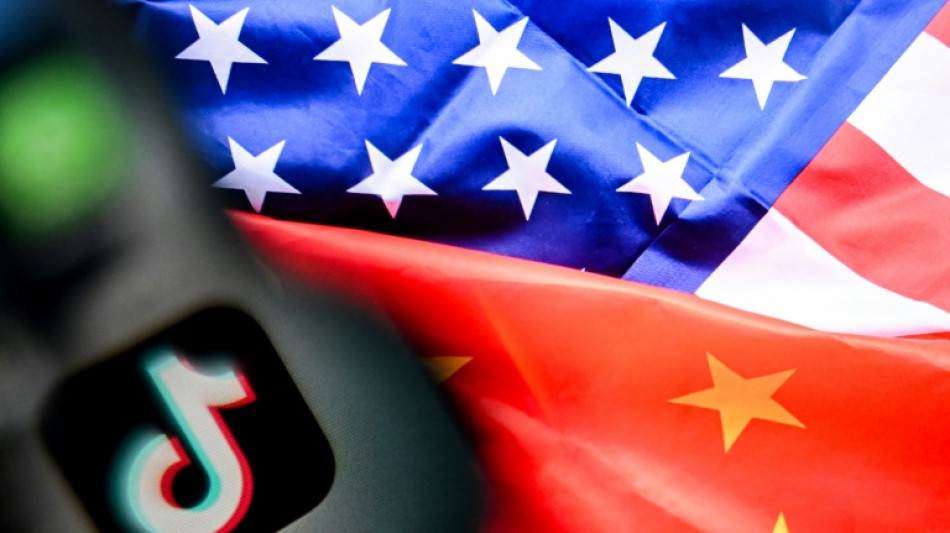

TikTok launches crowd-sourced debunking tool in US
TikTok on Wednesday rolled out a crowd-sourced debunking system in the United States, becoming the latest tech platform to adopt a community-driven approach to combating online misinformation.
Footnotes, a feature that the popular video-sharing app began testing in April, allows vetted users to suggest written context for content that might be wrong or misleading -- similar to Community Notes on Meta and X.
"Footnotes draws on the collective knowledge of the TikTok community by allowing people to add relevant information to content," Adam Presser, the platform's head of operations and trust and safety, said in a blog post.
"Starting today, US users in the Footnotes pilot program can start to write and rate footnotes on short videos, and our US community will begin to see the ones rated as helpful -- and rate them, too," he added.
TikTok said nearly 80,000 US-based users, who have maintained an account for at least six months, have qualified as Footnotes contributors. The video-sharing app has some 170 million US users.
TikTok said the feature will augment the platform's existing integrity measures such as labeling content that cannot be verified and partnering with fact-checking organizations, such as AFP, to assess the accuracy of posts on the platform.
The crowd-sourced verification system was popularized by Elon Musk's platform X, but researchers have repeatedly questioned its effectiveness in combating falsehoods.
Earlier this month, a study found more than 90 percent of X's Community Notes are never published, highlighting major limits in efficacy.
The Digital Democracy Institute of the Americas (DDIA) study analyzed the entire public dataset of 1.76 million notes published by X between January 2021 and March 2025.
TikTok cautioned it may take some time for a footnote to become public, as contributors get started and become more familiar with the feature.
"The more footnotes get written and rated on different topics, the smarter and more effective the system becomes," Presser said.
Tech platforms increasingly view the community-driven model as an alternative to professional fact-checking.
Earlier this year, Meta ended its third-party fact-checking program in the United States, with chief executive Mark Zuckerberg saying it had led to "too much censorship."
The decision was widely seen as an attempt to appease President Donald Trump, whose conservative base has long complained that fact-checking on tech platforms serves to curtail free speech and censor right-wing content.
Professional fact-checkers vehemently reject the claim.
As an alternative, Zuckerberg said Meta's platforms, Facebook and Instagram, would use "Community Notes."
Studies have shown Community Notes can work to dispel some falsehoods, like vaccine misinformation, but researchers have long cautioned that it works best for topics where there is broad consensus.
Some researchers have also cautioned that Community Notes users can be motivated to target political opponents by partisan beliefs.
D.Seifert--NRZ




